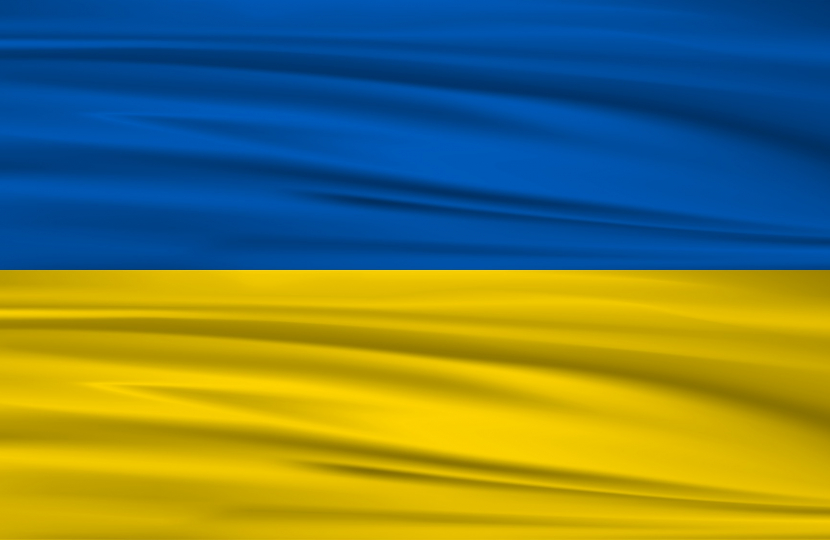
The efforts of many people to support those who have been forced to flee their homes because of the Russian invasion of Ukraine is much appreciated. As President Zelenskyy said when he spoke to the House “We are looking for help from civilised countries, and we are thankful for this help”.
It is strongly recommended that anyone who would like to help donate cash through the Disasters and Emergencies Committee (DEC) campaign or other trusted charities. This is preferred rather than donating goods. Cash can be transferred quickly to affected areas, and individuals and aid organisations can use it to buy what’s most needed. The Polish Embassy in London has also reiterated the request for money rather than goods. The government has offered to match-fund donations to the DEC campaign up to £25m. This is in addition to the £395 million already allocated.
Unsolicited donations of goods, although well-meant, can obstruct supply chains and delay more urgent life-saving assistance from getting through given the huge logistical and coordination challenges associated with handling and onward distribution. Goods provided may not be what is most needed and sadly run the risk of not reaching affected populations, including looting and theft or being sold further on informal markets thereby distorting the local economy. Distribution is difficult to control and manage well, particularly in conflict affected contexts – the most vulnerable like women, the elderly, disabled and children often do not receive goods.
However, the Government recognises that some individuals and organisations have already worked hard within their communities to collect aid and wish to see those donations reach those in need as quickly as possible. In order to facilitate that customs processes have been simplified for the purpose of exporting aid. If you are planning to take goods out of the country for this purpose please do check that you are eligible to benefit. It is important to note that some goods are excluded from the easement, for example medicines are not included but food is eligible.
If there are any concerns you can contact the Export Support Service on 0300 303 8955 with questions relating to transporting humanitarian aid to Ukraine. The helpline is available every day from 8am to 10pm. Charities can also contact the online support team.
Some helpful links have been provided in relation to specific countries.
- In Poland the authorities have issued a statement calling on the UK public not to provide further in-kind donations, as previously mentioned above. Specific offers can still be channelled through their official website. .
- In Romania the government has set up a platform to coordinate donations and to link them with needs on the other side of the border.
- Where private sector organisations wish to explore in kind donations, they are encouraged to look at opportunities through any existing partnerships with the UN, the Red Cross or NGOs that they already have in place; or reach out to established registered charities as set out by The Charity Commission and Fundraising regulator.
- The United Nations Office for the Coordination of Humanitarian Affairs (OCHA) also encourage companies to refrain from sending unsolicited donations that may not correspond with identified needs or meet international quality standards. Financial donations are more effective than in-kind donations. However, for businesses wishing to contribute in-kind goods or services, please contact the OCHA with as much detail as possible, including what items they may wish to donate and how much, the time frame for delivery, details on shipping and any other conditions. OCHA can then guide business to most appropriate recipient organization(s). Companies with employees, suppliers, or customers in the country or region, or those with existing agreements with responding humanitarian organizations should aim to provide support directly to these groups.

